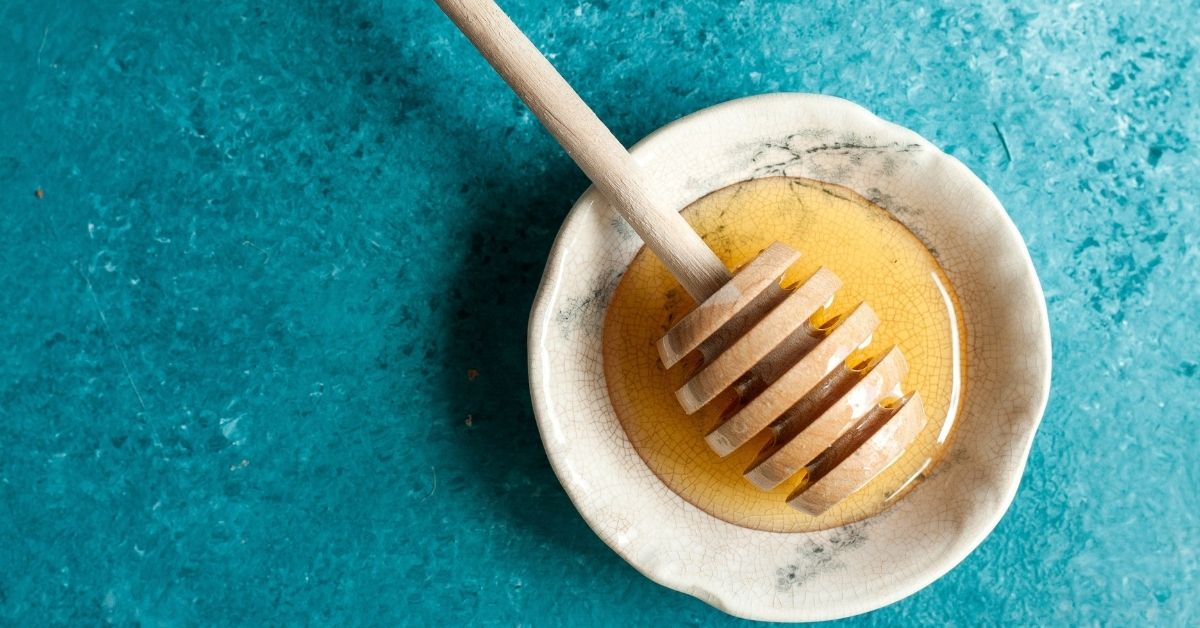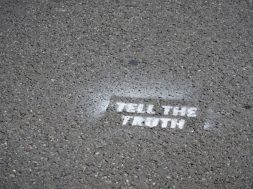
By: Laura Bennett
Change happens gradually, and when it comes to “going green” and adjusting your impact on our environment, it’s the small incremental shifts that can make the huge difference.
Teacher and entrepreneur Jessica Greer was on maternity leave when she had the idea for The Eco Teacher Collective, a small business that aims to reduce the use of harmful waste packaging and support the wellbeing of future generations.
Connecting customers to sustainably produced products, and educating them on “eco living”, Jessica said the business was prompted by her own desire to live more waste-consciously and use her creativity while off work.
“I just needed an outlet while I was home with my youngest,” Jessica said.
“I was gifted some beeswax wraps (a cling wrap alternative), and thought, ‘I could make these easily’.
“This passion to live more sustainably kind of went off, and my husband encouraged me to start a business and use my background in teaching to also educate people on how to be more sustainable as I was learning.”
The key to success – especially when you’re trying to make changes with the whole family – is to start small, Jessica shared.
“Make sure whatever you pick is something you are going to turn into a habit,” she said.
“Don’t try and change everything straight away because it won’t work.”
“Don’t try and change everything straight away because it won’t work,” – Teacher and entrepreneur Jessica Greer
Initially, you could start with using your kerbside bins more effectively, recycling your soft plastics via the supermarket RedCycle bins or adopting a compositing practise.
Jessica Greer’s Easy Ways to Be Green in 2022
1. Create habits
The most important first step to becoming more environmentally friendly is to make small but lasting changes. Pick two or three easy, inexpensive things you want to swap or change and work on turning them into great habits before moving to the next change or alternative. You want the transition to last longer than a month or so, so don’t take on too much, too soon and become overwhelmed. As Zero-Waste Chef Anne-Marie Bonneau stated, “We don’t need a handful of people doing zero waste perfectly. We need millions of people doing it imperfectly.”
Pick two or three easy, inexpensive things you want to swap or change and work on turning them into great habits before moving to the next change or alternative.
2. Sort your waste
This is the easiest and most beneficial way to becoming more environmentally aware. Sort your waste into three areas; landfill, recycling and compost. Most councils provide the three bins for these areas of different waste (red, yellow and green bins). After you have mastered these three bins you can then begin to recycle your soft plastics at local supermarkets that support the “Red Cycle” program. Recycle your plastic bottles and aluminium cans through initiatives like “Return and Earn” and compost food scraps with a home composting system. Once you start sorting your waste you will be surprised how little you throw in the red bin for landfill.
“We don’t need a handful of people doing zero waste perfectly. We need millions of people doing it imperfectly,” – Zero-Waste Chef Anne-Marie Bonneau
3. Make a list
Planning your weekly meals and making a list of the ingredients you need before shopping is an inexpensive way to ensure you don’t over shop or buy what you don’t need. It also limits the urge to buy take out and further create waste from unnecessary packaging. When you make your list, choose recycled paper and pens. I like Pilot’s B2P (bottle to pen) which is made from recycled plastic bottles and you can also buy refills to prolong its lifespan.
4. Do your research
There are so many eco-friendly and sustainable alternatives out there now that you can swap into your home and daily lives. It’s important to do your research before buying. Make sure it’s an alternative you will use and, more importantly, make into a habit. Also, see if the business provides details on where and how the product is made. Some Australian-made, easy and inexpensive plastic free swaps include stainless steel pegs, shampoo and conditioner bars, beeswax wraps, plastic free reusable safety razors and reusable keep cups.
5. Plastic-free shopping
Yes, this means taking reusable shopping bags and produce bags with you every shop. If you are like me and tend to forget your bags continuously, try putting them straight back in the car after unpacking the shopping or buying a handful of bags and keeping them everywhere such as the car, handbag, work desk and near the front door. Shopping plastic free also means shopping at local farmers markets, where fresh produce isn’t wrapped in plastic or finding bulk food stores, where you can buy your kitchen staples in bulk. Also, most bulk food stores allow you to either bring your own containers or glass jars to fill or have plastic free alternatives to store your supplies.
6. Gifting
Buying gifts can sometimes be a tough and expensive gig. Depending on who you are buying for, it can also be filled with single use plastic and used only once before finding its way to landfill. More and more people are beginning to look for sustainable gifting options when it comes to buying presents and so many businesses are working towards making these sustainable gift options more readily available. A few of my favourite environmentally friendly gifts to give include homemade baked treats, books and experiences like zoos or musicals.
For more, visit The Eco Teacher Collective website.
Article supplied with thanks to Hope Media.
About the Author: Laura is a media professional, broadcaster and writer from Sydney, Australia.
Feature image: Photo by Lindsay Moe on Unsplash











